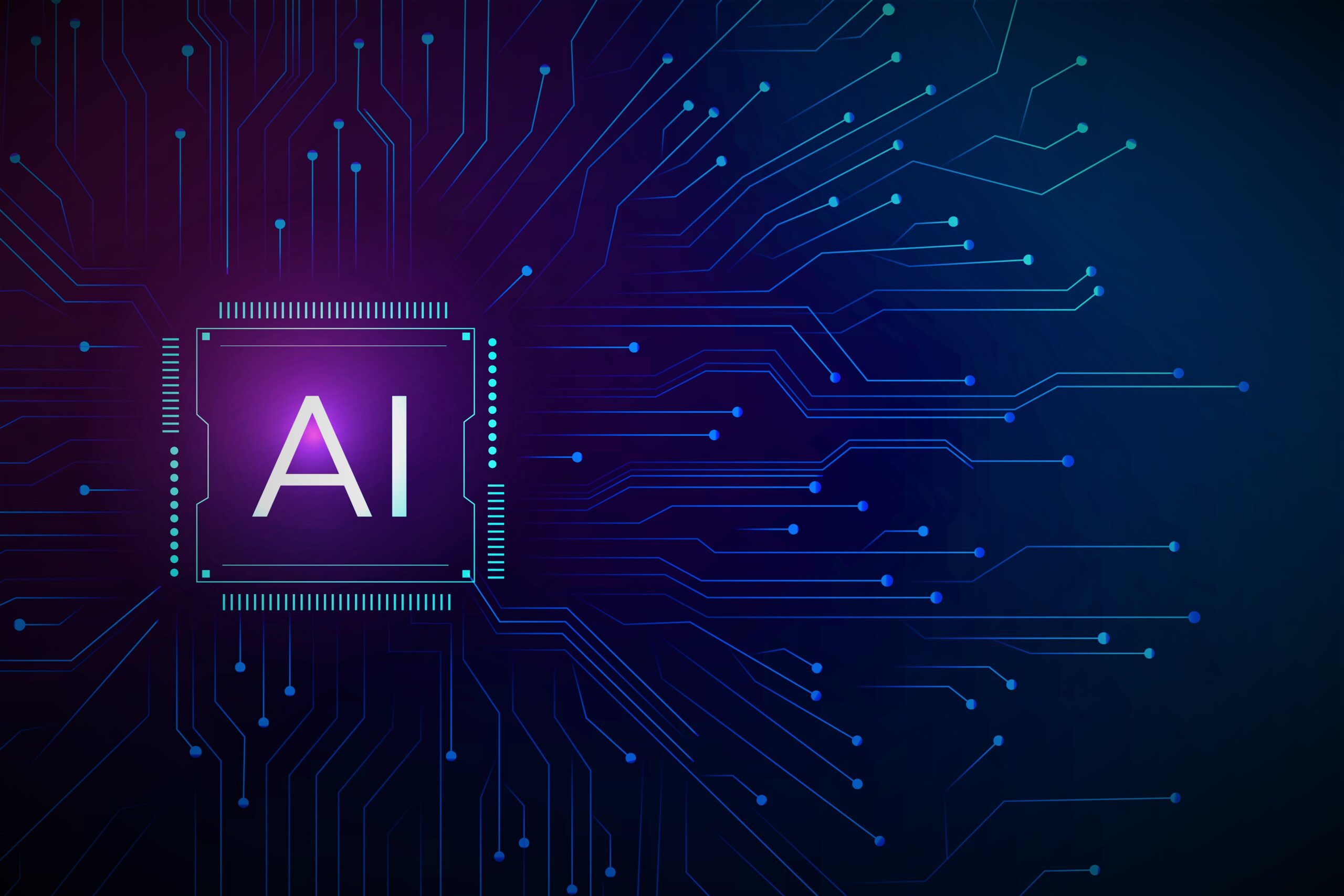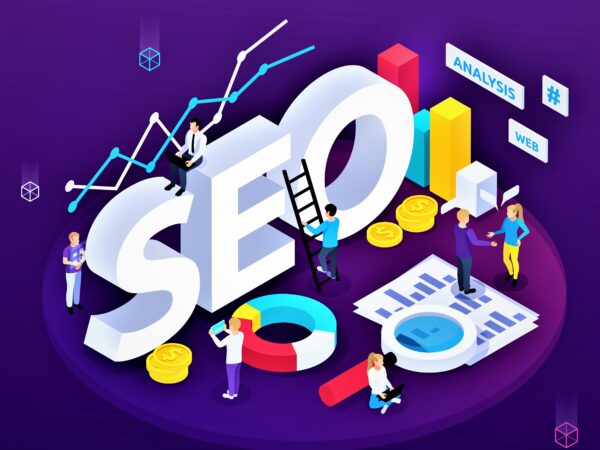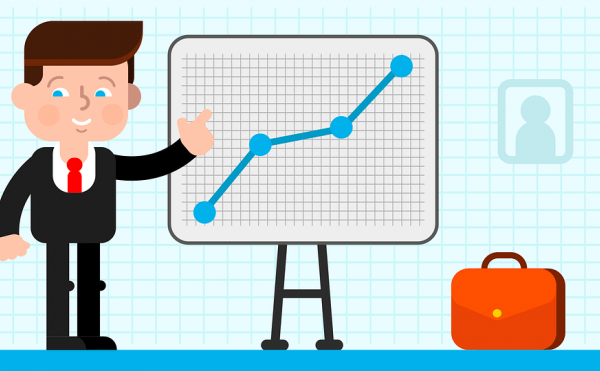
In today’s digital landscape, having a website that performs optimally is crucial for businesses, organizations, and individuals alike. A website’s performance can make or break the user experience, impacting engagement, conversion rates, and ultimately, the bottom line. This is where Artificial Intelligence (AI) comes into play. AI-powered tools can help optimize website performance, ensuring that your online presence is fast, responsive, and search engine-friendly.
The Benefits of AI-Powered Website Optimization
1. Improved Page Speed: AI can analyze your website’s code and identify areas that can be optimized for faster page loading times. This includes compressing images, minifying CSS and JavaScript files, and leveraging browser caching.
2. Enhanced Mobile Responsiveness: With the majority of web traffic coming from mobile devices, ensuring that your website is mobile-friendly is crucial. AI can help optimize your website’s layout, images, and content for various mobile devices and screen sizes.
3. Better Search Engine Optimization (SEO): AI-powered tools can analyze your website’s content and structure, providing recommendations for improvement. This includes optimizing meta tags, titles, and descriptions, as well as identifying keyword opportunities.
4. Personalized User Experiences: AI can help create personalized user experiences by analyzing user behavior, preferences, and interests. This includes recommending content, products, or services based on user interactions.
5. Predictive Maintenance: AI-powered tools can predict potential website issues before they occur, allowing for proactive maintenance and minimizing downtime.
AI-Powered Tools for Website Optimization
1. Google PageSpeed Insights: Analyzes website performance and provides recommendations for improvement.
2. GTmetrix: Offers detailed reports on website performance, including page speed, optimization, and SEO.
3. Ahrefs: Provides insights into website performance, including SEO, backlinks, and content analysis.
4. Hotjar: Offers heatmaps, session recordings, and user feedback to help optimize website user experience.
5. Adobe Sensei: Leverage AI and machine learning to optimize website performance, including image compression and content recommendations.
How to Implement AI-Powered Website Optimization
1. Conduct a Website Audit: Use AI-powered tools to analyze your website’s performance, identifying areas for improvement.
2. Optimize Images and Content: Use AI-powered tools to compress images, minify CSS and JavaScript files, and optimize content for better page speed and SEO.
3. Implement Personalization: Use AI-powered tools to create personalized user experiences, recommending content, products, or services based on user interactions.
4. Monitor and Analyze Performance: Use AI-powered tools to monitor and analyze website performance, identifying areas for improvement and predicting potential issues.
5. Stay Up-to-Date with Best Practices: Stay informed about the latest best practices in website optimization, ensuring that your website remains fast, responsive, and search engine-friendly.
Conclusion
Optimizing website performance is crucial for businesses, organizations, and individuals alike. AI-powered tools can help optimize website performance, ensuring that your online presence is fast, responsive, and search engine-friendly. We can help you implement AI-powered website optimization, which will help improve user experience, increase engagement, and drive conversions. Stay ahead of the curve and leverage the power of AI to optimize your website’s performance today!
Reach out to us now via:
🌐 www.timestweb.net ; www.timestweb.com
📧 start@timestweb.net
📞 +234 813 587 7642; +234 915 745 2665




